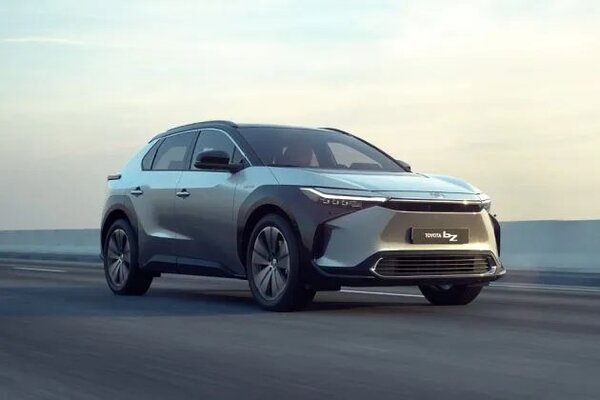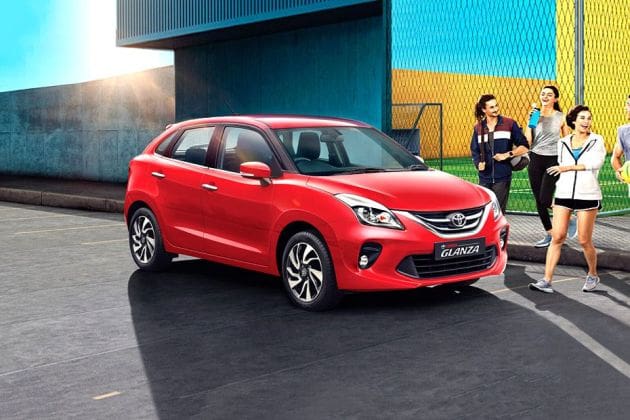Is ethanol a viable alternative to electric cars in India?
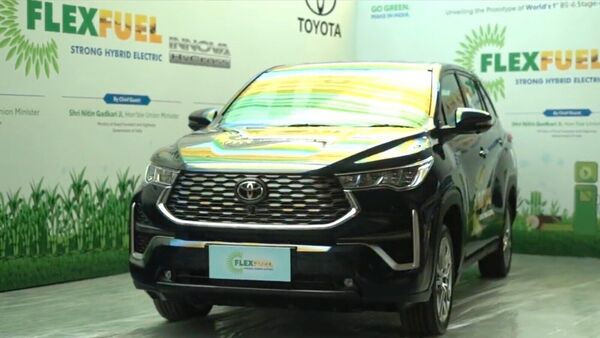

In the rapidly evolving world of the automotive industry, a profound transition is underway, which is steering the trajectory toward greener and cleaner powertrain technology solutions. India is not immune from this trend. Over the last few years, the Indian government has been increasingly focusing on cleaner fuel solutions. While the electric propulsion system spearheading that transformation, CNG, petrol-hybrid, and biofuel are finding growing importance.
India's Union Minister for Road Transport and Highways, Nitin Gadkari has reiterated the government's stance about being open towards adopting multiple cleaner fuel solutions and one of them is ethanol. The ethanol-blended petrol and related regulatory frameworks have been making headlines across India over the last couple of years as the country's focus on cleaner fuel is increasing gradually.
Also check these Cars
Also Read : Road Transport Ministry mandates stringent emission tests for flex-fuel vehicles
In the recent past, India has witnessed the launch of the world's first-ever electrified flex-fuel car, in the form of a Toyota Innova Hycross, which gets a 2.0-litre four-cylinder petrol engine paired with an electric motor. The engine is claimed capable of running on up to 85 per cent ethanol blended petrol. While this certainly opened a new ground of innovation for cleaner transportation fuel in India, the government's strategic E20 fuel strategy aims at a 20 per cent ethanol blend in petrol across the country by 2025 up from the current 10 per cent ethanol blended petrol. India aims to lower its vehicular emissions as well as reduce reliance on crude oil imports, eventually bolstering the country's economic independence through this strategy.
However, amid all these evolution, the question remains, is ethanol a viable alternative to battery electric propelled and conventional fossil fuel-powered internal combustion engine cars?
What is ethanol?
Ethanol is a renewable vehicular fuel originating from the fermentation process of sugarcane. Among the prevailing sources of ethanol, there are sugarcane, corn, and maize taking precedence. Furthermore, ethanol extraction extends to other botanical entities like barley, wheat, and cassava as well. Ethanol can be used as a clean combustible fuel. Combustion of ethanol results in fewer pollutants emitted through tailpipe into the environment compared to petrol and diesel.
What is ethanol blending?
Ethanol blending is nothing but blended motor fuel containing ethyl alcohol, which is at least 99 per cent pure and derived from agricultural products. The ethanol is blended exclusively with petrol.
An ethanol-blended petrol helps on two counts. One, blending the ethanol into petrol means the pollutant properties emitting through the tailpipe while the blended fuel is burnt is lower than non-blended petrol. Second, this helps in bringing down the country's crude oil import saving money, considering the fact that 85 per cent of India's total fuel demand is met through crude oil imports from overseas countries.
Is ethanol a viable alternative to electric cars in India?
Ethanol could become a viable alternative in India to electric cars. However, the success of ethanol as a greener and cleaner alternative to unblended petrol or diesel, as a cheaper alternative to electric vehicles will take time, as this fuel technology is yet to reach the desired production scale and optimum use.
Brazil could be a perfect use case to follow for India. Brazil is the largest producer and user of ethanol from sugarcane and is currently the world's biggest ethanol exporter. By increasing the use of ethanol as fuel, the Latin American country has been able to reduce its petrol imports significantly, while this biofuel provides several benefits to the country, such as job and income creation, energy security, a cleaner energy profile and reduced greenhouse emissions. Brazil has been able to reduce its petroleum imports by 200,000 barrels per day through increased ethanol usage, reveals a study conducted by the UK government. The Latin country currently uses ethanol as a 20 per cent substitute for petroleum in automotive fuel and 80 per cent of the cars in the country use ethanol blended petrol.
Also Read : Flex-fuel technology makes its way into India: Everything you need to know
Indian consumers are traditionally price-sensitive, while electric cars come at a significantly higher premium over their ICE counterparts. Many car buyers who are positive about buying an electric car due to the lower cost of ownership over the lifespan of the vehicle, step back and choose to buy a petrol or diesel model instead as the ICE vehicles come with substantially cheaper sticker prices than their electric counterparts, even if this decision costs them with higher recurring costs.
For example, the ICE variant of Tata Nexon is priced between ₹8.15 lakh and ₹15.60 lakh (ex-showroom), while the Tata Nexon EV is priced between ₹14.49 lakh and ₹19.29 lakh (ex-showroom). This means if you are planning to buy a Nexon SUV, you can bring home the top variant of the fossil fuel version of the car by spending a little extra than the electric model's base variant's price. Adding woe to worry for the EV buyers or potential electric car buyers are factors like lack of EV charging infrastructure, range anxiety, considerably longer charging time impacting overall journey duration etc. These factors often drive car buyers to shift towards ICE models instead of EVs, eventually raising the number of polluting petrol or diesel cars on Indian roads.
In this situation, ethanol-blended petrol can be a saviour as it can reduce the tailpipe emissions from fossil-fuel-propelled cars. Besides that, ethanol-blending could bring down India's crude oil import, reducing the energy dependency and improving foreign money coffer as well, in a similar manner to pure electric vehicles.








 64.8 kWh
64.8 kWh 418 Km
418 Km
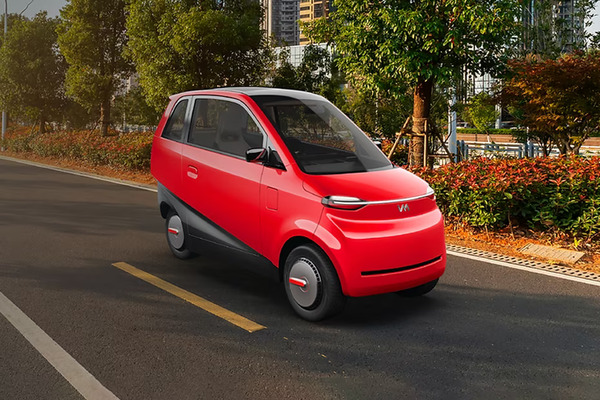
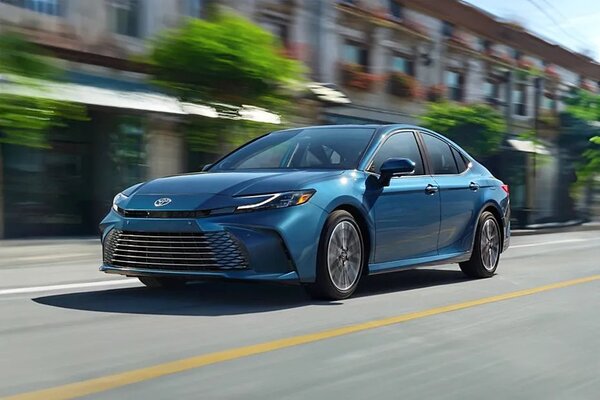
 2487 cc
2487 cc Petrol
Petrol